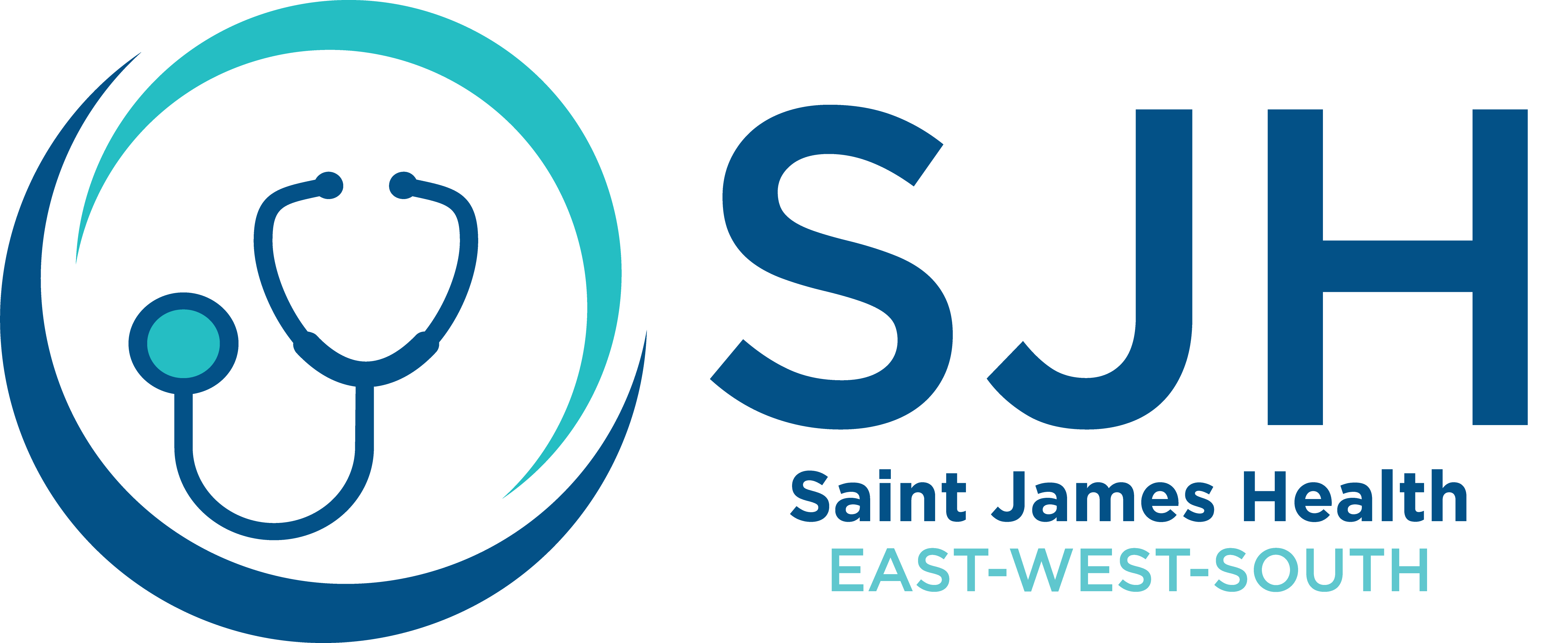The field of microbiology has undergone a revolutionary shift in focus, uncovering the complex and dynamic world of the human microbiome. Comprising trillions of microorganisms residing in and on our bodies, the microbiome plays a crucial role in maintaining health and influencing various physiological processes. As we delve into the intricate relationship between the human microbiome and infectious diseases, we uncover a narrative that goes beyond conventional notions of bacteria as mere foes to our well-being.
Understanding the Human Microbiome
The human microbiome is a diverse community of bacteria, viruses, fungi, and other microorganisms that coexist with our body’s cells. Found in various niches such as the skin, mouth, gut, and other mucosal surfaces, infectious diseases consultants in Newark say these microorganisms form a complex ecosystem collectively known as the microbiota. Contrary to the longstanding belief that all bacteria are harmful, a significant portion of the microbiome consists of beneficial bacteria that contribute to our overall health.
The Microbiome as a Defensive Ally
1. Gut Microbiota and Immune System Regulation
The gut microbiota, in particular, plays a pivotal role in regulating the immune system. Beneficial bacteria contribute to the development and function of immune cells, helping the body recognize and combat infectious agents. Best infectious disease specialists in Newark suggest that a balanced and diverse gut microbiome can enhance the body’s ability to ward off infections.
2. Microbial Competition and Pathogen Exclusion
The microbiome engages in microbial competition, where beneficial bacteria outcompete potential pathogens for resources. This process, known as colonization resistance, can limit the establishment of harmful microorganisms in the body, acting as a natural defense mechanism against infectious diseases.
3. Microbial Metabolites and Immune Modulation
Metabolites produced by the microbiota have been found to influence immune responses. Short-chain fatty acids, for example, can modulate inflammation and contribute to the maintenance of a healthy immune system. Infectious diseases consultants in Newark say understanding these interactions opens avenues for therapeutic interventions in infectious diseases.
The Microbiome’s Vulnerability
While the microbiome is generally a friend to human health, certain factors can disrupt its delicate balance, rendering it less effective in protecting against infectious agents.
1. Antibiotic Use and Microbial Diversity
Antibiotics, while essential for treating bacterial infections, can inadvertently disturb the balance of the microbiome. Broad-spectrum antibiotics, in particular, may indiscriminately eliminate both harmful and beneficial bacteria, leading to a reduction in microbial diversity and potential susceptibility to infections.
2. Diet and Lifestyle Factors
The modern lifestyle, characterized by processed foods and a lack of dietary fiber, can negatively impact the microbiome. A diet low in fiber may deprive the microbiota of essential nutrients, compromising its ability to maintain a resilient and diverse community.
3. Stress and its Effects on the Microbiome
Psychological stress has been linked to alterations in the composition of the microbiome. Infectious disease specialists in Newark, NJ say this connection underscores the intricate interplay between the mind and the microbiota, suggesting that mental health can influence susceptibility to infectious diseases.
Harnessing Microbiome Insights for Health
The emerging understanding of the human microbiome opens up new possibilities for preventive and therapeutic interventions in infectious diseases.
1. Precision Medicine and Microbiome Profiling
Technological strides have empowered the detailed profiling of individual microbiomes. This cutting-edge capability opens the door to highly personalized interventions. Healthcare By precisely tailoring treatments based on the unique composition of a patient’s microbiome, the potential for optimizing therapeutic outcomes is vast. This not only enhances the effectiveness of medical interventions but also holds the promise of minimizing the risk of adverse effects, ushering in a new era of patient-centric healthcare.
2. Probiotics and Microbiome Restoration
Probiotics, often referred to as “live microorganisms with potential health benefits,” have garnered significant attention for their pivotal role in the restoration of the microbiome. As disruptors like antibiotic use pose challenges to microbial balance, probiotics emerge as key players in the quest to rebalance this intricate ecosystem. Through the strategic introduction of beneficial bacteria, infectious disease specialists in Newark, NJ suggest that probiotics aim to not only repair but also fortify the microbiome. Exploring this avenue offers a nuanced understanding of how these microorganisms contribute to overall health, emphasizing the potential for tailored approaches to address microbiome disruptions.
3. Fecal Microbiota Transplantation (FMT)
Fecal Microbiota Transplantation (FMT) represents a groundbreaking approach to restoring balance to the microbiome. While initially harnessed for the treatment of certain gastrointestinal conditions, ongoing research is uncovering its potential applications in the realm of infectious diseases. FMT involves the transfer of fecal matter from a healthy donor to a recipient, with the primary goal of reinstating a harmonious microbial environment. As infectious disease specialists in Newark, NJ delve deeper into its mechanisms and applications, FMT stands poised at the intersection of innovation and therapeutic potential, offering new avenues for addressing complex health challenges related to the microbiome.
Conclusion
The human microbiome, with its intricate dance of friend and foe, emerges as a key player in the battle against infectious diseases. As we continue to unravel the mysteries of this complex ecosystem, the potential for innovative and targeted interventions becomes increasingly apparent. Recognizing the microbiome’s role as a defensive ally opens doors to a new era in healthcare, where the focus shifts from merely treating diseases to fostering a symbiotic relationship with the microorganisms that call our bodies home.
At Saint James Health, we remain committed to staying at the forefront of medical advancements. Our dedication reflects our pursuit of holistic and personalized approaches to healthcare. Let us explore the boundless possibilities that arise from embracing the harmony between humanity and its microscopic companions.




 Hi! I`m an author of this blog. Read our post - be in trend!
Hi! I`m an author of this blog. Read our post - be in trend! 


